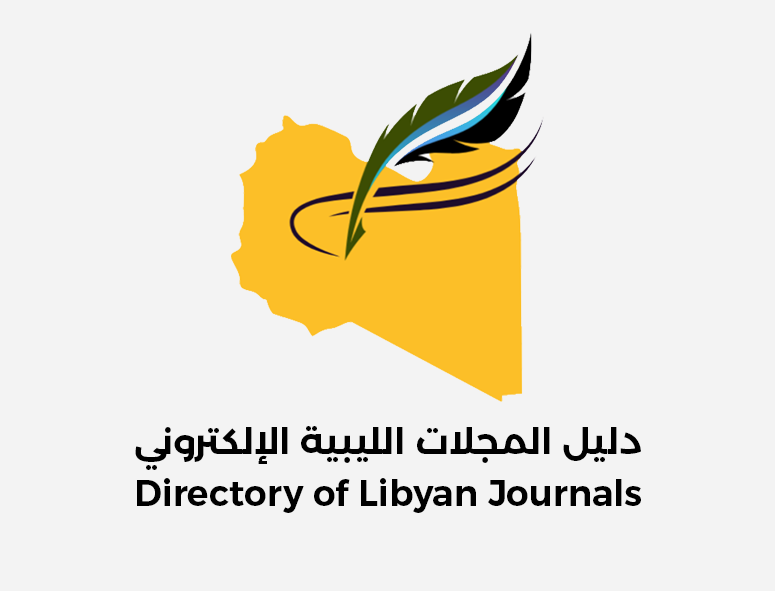The impact of external intervention on the political crisis in Libya in the period from 2011-2022
Keywords:
external intervention, political crisis in Libya, regional powers, major powers, the UN missionAbstract
This research aims to shed light on the impact of external interference on the political crisis in Libya and its role in creating a state of instability by supporting local parties and inflaming conflicts between them. This study raised a main problem centered around the repercussions of external interference in the Libyan political crisis.
To answer these questions, the hypotheses proposed possible answers, including that external intervention, which is based mainly on supporting the conflicting Libyan political and military parties, contributes mainly to creating a state of instability and prolonging the crisis.
This research reached a number of results, the most important of which is that external interference in any country is linked to the impact that the internal events of that country have on the political, economic, military, and security interests of another country, a group of countries, or an organization, whether regional or international. This research also presented a number of The recommendations include that the success of the path of democratic transformation, consolidation of the rule of law, peaceful transfer of power, citizenship, and social justice is fundamentally linked to the conflicting Libyan parties and stopping external interference, or limiting it at the very least. This requires a free and independent national will, as the solution in Libya will only be Libyan. Libyan.









 55240080273&rtpof=true&sd=true
55240080273&rtpof=true&sd=true

